
Tooth Sensitivity
Prosthodontics is one of nine dental specialties recognized by the American Dental Association (ADA). Dentists in the field of prosthodontics (prosthodontists) offer the most advanced form of sequencing treatment, restorative treatment and maintenance. They also perform an esthetically higher level of implantology and full mouth reconstruction. A dental school graduate seeking a career as a prosthodontist must attend an additional three to four years of schooling in an ADA-approved program.
Prosthodontists provide multi-disciplinary levels of care, including repairing failed treatments that negatively affect the mouth and smile, treatment of maxillofacial (jaw and face) abnormalities, treatment of cases stemming from congenital disorders as well as cases stemming from oral/maxillofacial trauma or neglect and advanced dental care for complex anatomical features of the teeth, gums and supporting bone structure.
Prosthodontists work closely with their patients to develop a comprehensive treatment plan and to help patients understand what improvements are possible. Using state-of-the-art procedures, the prosthodontist is often viewed as the “architect” of a restorative dental treatment plan. Particularly for partially or completely edentulous (toothless) patients, a prosthodontist is typically the key treatment planner.
Although prosthodontic treatment can be expensive, prosthodontists boast proven results and provide the highest esthetic and functional level of reconstructive dentistry.
Prosthodontic treatments are designed to produce a balance between functionality, longevity and esthetics. Prosthodontic treatments include the following:
Esthetic Reconstructive Dentistry is the most advanced approach to providing fully or partially edentulous (missing one or more sections of teeth) patients with the highest level of implantology treatment. Esthetic reconstructive dentistry maximizes the structural and functional connection between the dental implant and the living bone. Dental implants are a significant investment, costing up to $3,500 per tooth (including crown), but people are seldom disappointed with the results.
If smokers do not give up cigarettes, they may be advised to choose a different type of prosthodontic treatment. Studies have demonstrated that smokers face an increased risk of dental implant failure; and since implants are expensive, steps should be taken to ensure their success.
Dental Veneers and Other Bonded Restorations fall into the category of cosmetic dentistry and are used to create bright, white smiles with beautifully shaped teeth. Regardless of what causes unattractive teeth, these types of restorations may solve most or all of the issues, including severe tooth discoloration, chips, cracks and the wear and tear that causes uneven teeth.
Ceramic and Metal Ceramic Dental Crowns are prosthetic teeth designed to repair damaged teeth. Crowns are typically forged from metal, porcelain or a combination of metal and porcelain materials. Crowns are expensive, ranging from $600 to $1,200 per tooth, and can last for up to 10 years or longer if cared for appropriately. Since today’s crowns can be manicured to resemble the natural appearance of the other teeth in your mouth, they are esthetically pleasing. Despite the cost, people are typically happy with the results.
Dental Bridges are prosthodontic restorations designed to serve as a treatment for missing teeth. A dental bridge can be either be tooth-supported (most common) or implant-supported. A dental bridge is often used as a replacement for a removable partial denture.
Removable Complete Dentures are full-mouth teeth replacements designed for edentulous people. Complete dentures help people who have lost all their teeth due to trauma or poor oral hygiene, giving them better chewing abilities in addition to a more appealing appearance.
It is important to note that it may take time to adapt to removable complete dentures. Mouth sores, for example, may result from rubbing and pressing of the dentures on the mucous membranes. It may be necessary to visit your prosthodontist for the adjustment of dentures from time to time. These adjustments should resolve any problems.
Although dentures have their disadvantages, most people prefer dentures over the problems associated with an edentulous lifestyle.
Removable Partial Dentures are designed for partially-edentulous people. People typically prefer fixed partial dentures (dental bridges) over removable partial dentures, though some partially-edentulous people do not qualify for fixed partial dentures because they lack the supporting tissues to which fixed dentures attach. The cost of partial dentures ranges from $1,000 to $1,500.
Fixed Partial Dentures, like removable partial dentures, are designed for partially-edentulous people. Fixed partial dentures are commonly called “dental bridges” and are more costly than removable partial dentures; however, they provide the most natural results for the treatment of partially-edentulous people. The cost of fixed partial dentures ranges from $1,300 to $3,000 or more, depending on the number of teeth to be replaced and the materials used.
In addition to the aforementioned treatment plans commonly employed in prosthodontics, the prosthodontist is also adept at providing treatments for jaw problems caused by temporomandibular joint disorder (TMD), snoring disorders, sleep apnea problems, and some degree of reconstruction following treatments/surgery for oral cancer. Prosthodontists work closely with periodontists, endodontists, oral surgeons and orthodontists to elicit the finest restorative results.![]()

Tooth Sensitivity

Ask the Expert

Pediatric Dentistry

Oral Health
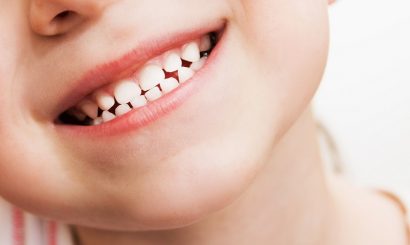
Pediatric Dentistry

Oral Health

Dental Hygiene
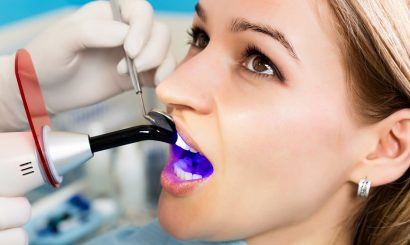
Tooth Restoration

Dental Public Health
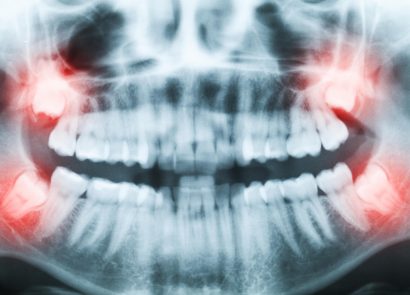
Wisdom Teeth
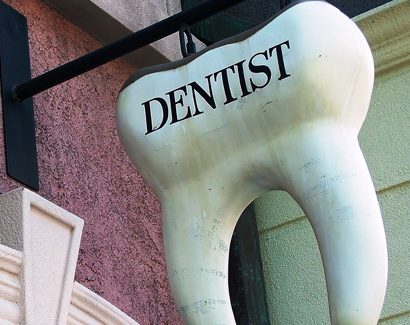
Dentists
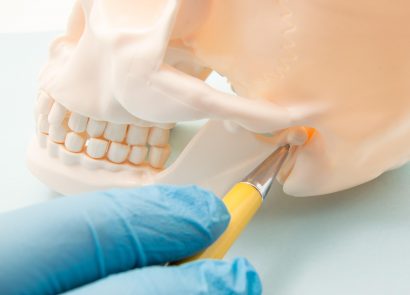
TMJ

Sleep Apnea

Cosmetic Dentistry
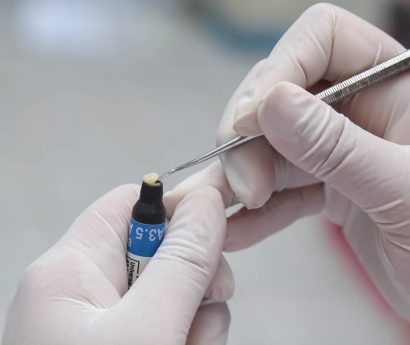
Dental Veneers